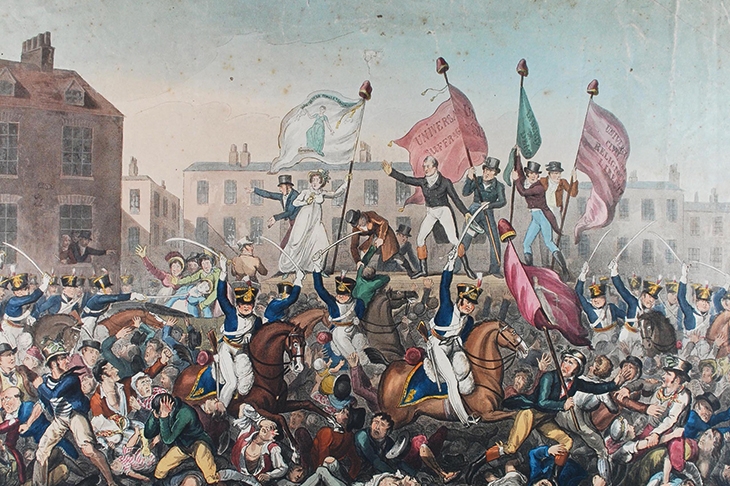‘It was the best of times, it was the worst of times… it was the epoch of belief, it was the epoch of incredulity, it was the spring of hope, it was the winter of despair, we had everything before us, we had nothing before us … in short,’ as Charles Dickens famously told the first readers of A Tale of Two Cities, it was a period very much like their own.
Dickens was right. John Stuart Mill once claimed that the two great ‘seminal minds’ of the period were Coleridge and Bentham, and in that brilliant yoking of opposites — the warm, creative current of Coleridgean thought and the chillier stream of Benthamite utilitarianism — is summed up all the contradictions and paradoxes that the Victorian age was heir to.
This is the fascination of the period.

Get Britain's best politics newsletters
Register to get The Spectator's insight and opinion straight to your inbox. You can then read two free articles each week.
Already a subscriber? Log in








Comments
Join the debate for just $5 for 3 months
Be part of the conversation with other Spectator readers by getting your first three months for $5.
UNLOCK ACCESS Just $5 for 3 monthsAlready a subscriber? Log in